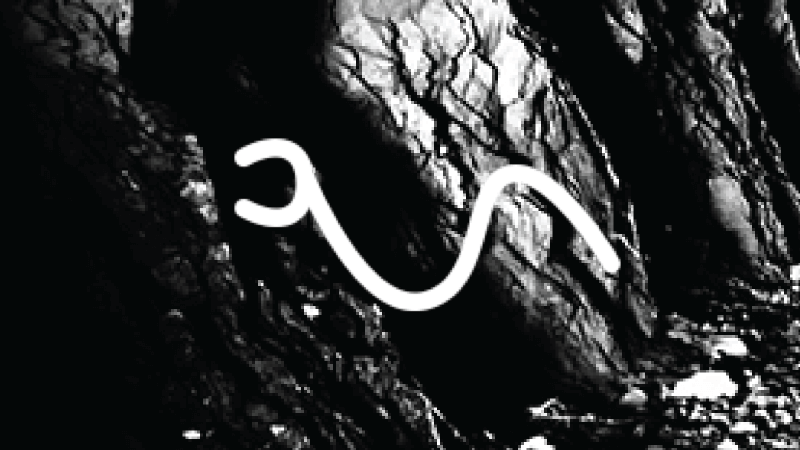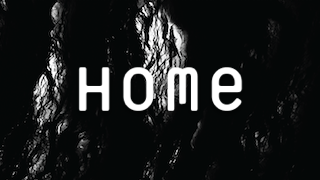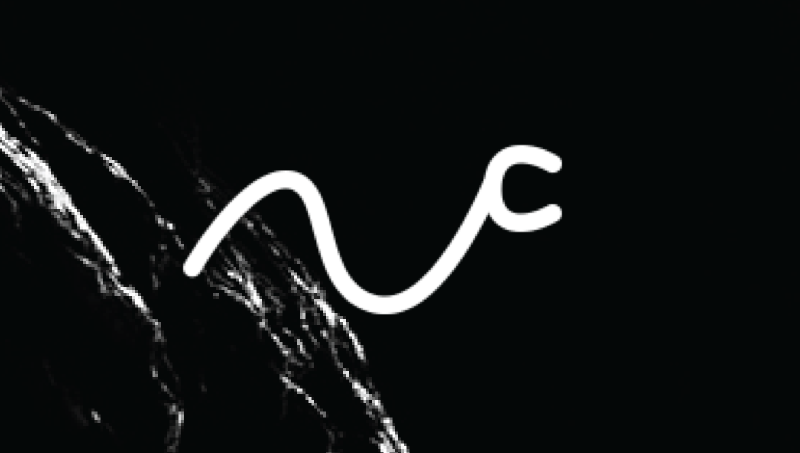The editors of Tentacular’s Random issue reflect on whys and Whys.
9.
Random pushes us to question what publishing means to authors, editors and readers. What happens when the dubious notions of quality and taste are taken out of the publishing equation? When all submissions have an equal chance of success, regardless of their nature, what can success mean to authors? Can Random’s editors take pride in an issue published with next to no editorial control? How can readers engage with it?
1.
Random: an experiment that wants to ask why. Or even Why? That strangely seeks to have the distinction of being a world-first or a UK-first while asking a question about all distinction.
6.
Apophenia, that compulsion to find connections between unrelated ideas, images, words or works placed side by side. What kinds of experiences can an unintentional mix of works produce? How will Random’s sequence change the way we experience its various parts? How will it influence our perception of each work?Could Random’s coincidences highlight works we would usually overlook, point to aspects we would otherwise ignore?
7.
Random’s transparent editing process – its deliberate lack of curation – might draw attention to our individual expectations and projections and push us to acknowledge the subjective nature of our reading experiences.
2.
Poetry inboxes can skew heavily white male, even on magazines edited by women or people of colour with a strong commitment to equality in their pages. All other things being equal, we might expect to see this statistical preponderance replicated in the issue when the selection is purely random. A reminder that even the simplest algorithm isn’t ‘fairness’. We try (but do we try hard enough?) to curate for diversity. However, is there something valuable in showing the world of poetry submission as it ‘is’ behind the editorial screen?
3.
All other things aren’t equal. Knowledge of the experiment changes the experiment. Perhaps the word will go out, perhaps because we’re removing the prospect of judgement by an editor perceived to be knowing or sneering, people who are less typically heard from will come forward for this call. Perhaps our glimmering hope of a wild and genuine democracy of voices will be realised? Just opening access a little would be great, giving some people their first taste of being published. Random could lead editors and readers to encounter works authors wouldn’t usually write or share.
8.
It may be tempting to believe that by letting curatorial agency go, Random’s editors are upsetting the hierarchical structure of publishing. Let us not forget that they have willfully chosen to relinquish this control. Authors submitting to Random are still tethered to an arbitrary selection process designed by its editors who have chosen the tools and made the rules!
4.
Do I submit? The figure of the experienced poet (or perhaps even more so, the up-and-coming poet): ‘ …but do I want my work to appear alongside those who haven’t been the subject of careful vetting?’ Guilt by association. At the same time, perhaps this issue removes the parental figure, the pleasurable masochistic fantasy: actively wanting to be judged, to have validation.
5.
What do I submit? Do I do something different from what I usually do? Perhaps I’ll send them the poem I’ve sent out twenty times with no luck – an act of revenge against all selection, all those who didn’t see how special it was! Shall I test the boundaries of what is a poem simply because the editors can’t intervene? [We can’t unless it’s hate speech.] Maybe I’ll just be glad I don’t have to endlessly match my submission to the perceived preferences of the editor, crank something random (!) out, and turn to the next submission.
11.
How could Random be approached as a challenge or prompt? What kind of work would you send to an unknown algorithm?





